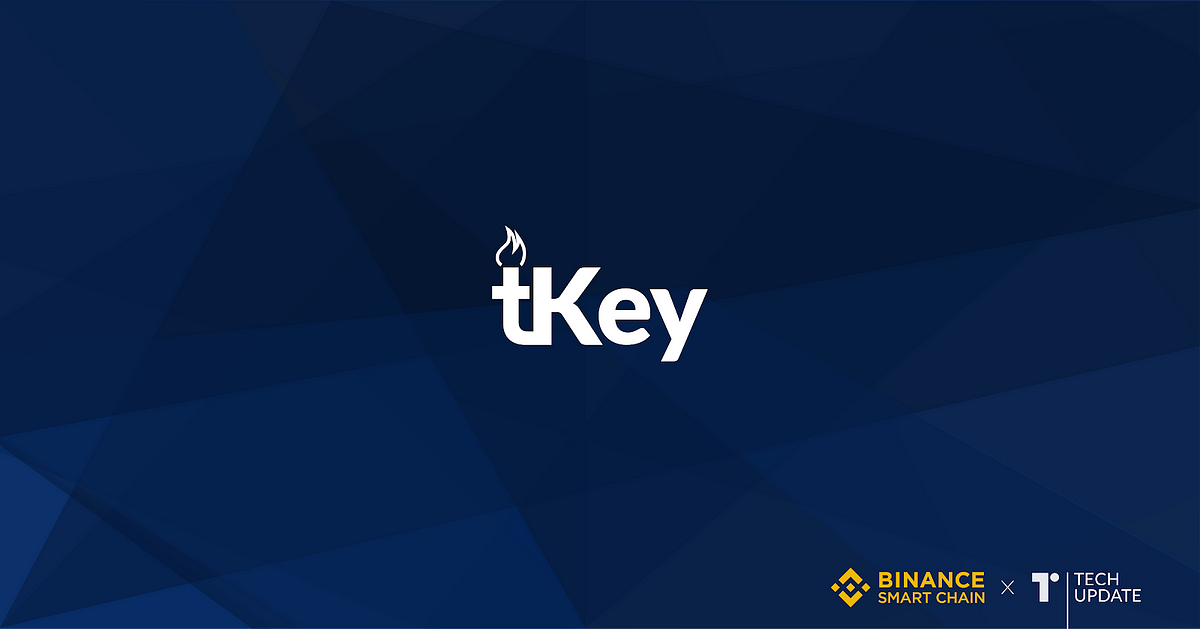Hassle-free 2-Factor Authentication to Dapps Right From Your Browser
Today, while standing on the shoulders of giants, we’re proud to launch the Torus Chrome Extension, a fork of Metamask that’s deeply integrated with Torus’s single sign-on wallet and 2FA key management functionalities.
Setting up a new wallet account takes less than 10 seconds and doesn’t require generating, writing down, or storing seed phrases.
For most, (unless Torus is directly integrated) authenticating with Metamask is the first step everyone takes prior to logging into dApps. Metamask provides an excellent solution for users who want to manage their own keys and has long been the default Ethereum browser-wallet. However, seed phrases are still often mismanaged, resulting in compromised wallets and financial loss. That’s why we built on top of Metamask’s foundation and created the Torus Chrome Extension.
With the Torus Chrome Extension, we improve upon seed phrases by introducing a new model of key management, tKey. tKey splits your key up, giving you improved redundancy and progressive security on your key while retaining the convenience of access via OAuth (e.g. Google) logins.
Now, when you want to use a dApp all you have to do is 1-click sign-on with your Google account and you’ll automatically be logged into your wallet natively within the browser. From there, the extension either prompts you or automatically authenticates with the dApp or exchange you’re using. If you’re already logged into the Torus extension, you can even maintain a persistent identity so you don’t have to re-authenticate each and every action that occurs in-app. Torus is completely customizable to your preferences and vastly streamlines the user experience from start to finish.
After downloading the Torus Chrome Extension there’s no need to create a Torus account. Whenever you authenticate for the first time, Torus automatically creates an account for you using a combination of threshold signatures and our distributed key generation network, which is supported by Binance, ENS, Etherscan, Matic Network, Ontology, Skale, Tendermint Core, and Zilliqa, among others. Whenever you wish to change your settings or add more security layers, you simply log into Torus using the same credentials you used to log into the browser extension.

Users can utilize tKey within the extension to add progressive security to their account, which can include multiple device authenticators and additional passwords. This gives users the power to progressively increase security while also maintaining a backup solution in the event of a lost password or seed phrase.
The Torus Chrome Extension is free and fully compatible with the Brave Browser. It is currently in beta until an audit is complete. We’re also working hard on supporting Firefox and Edge, which will be released soon.
Test the Torus Chrome Extension
Download the extension and see the difference for yourself. While the application is still under review at the Google Chrome Store, users looking to test out Torus Chrome Extension can have to follow these steps:
1. Download file from https://scripts.toruswallet.io/torus-0.0.1.zip
2. Open Chrome.
3. Type in chrome://extensions/
4. Top right hand, enable developer mode.
5. Top left, click on load unpacked.
6. Select the downloaded torus-0.0.1 folder.
Read more about tKey’s 2FA system and how it works here.
The Torus Chrome extension is open-source, and developers can take a look at our repo here.
Join the Torus Community
The Torus Chrome Extension would be released to the Google Chrome Store once the code review has been completed. Users anticipating its release can join our Official Telegram Group or follow us on Twitter for the earliest news updates.
*In light of Metamask’s announcement with regards to their licensing, we have strictly stopped adapting any further developments from Metamask’s codebase from 21st August 2020.
We greatly appreciate the Metamask team’s hard work and development. However, due to Torus’ necessity of being open source, Torus Extension (forked from 22nd June 2020) continues to use its older MIT license.





